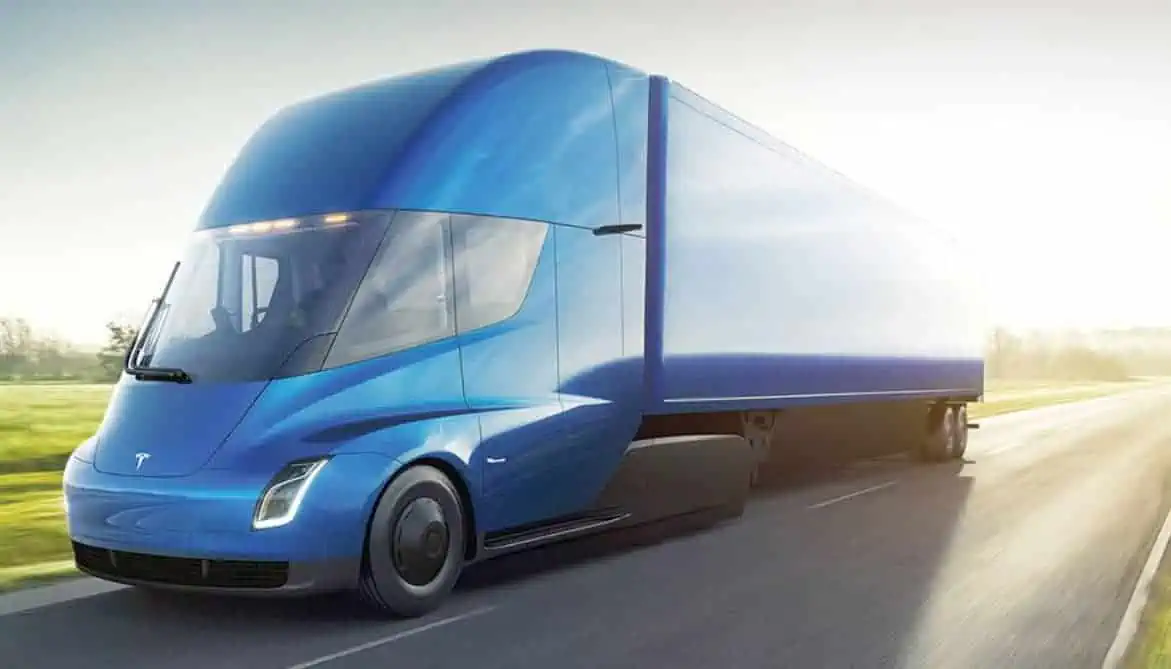Japanese legacy automakers announced plans to inject 150 billion baht ($4.34 billion) into Thailand’s electric vehicle industry over the subsequent five years as they aim to vie in the highly competitive global market, Wion reports, citing a government spokesperson.
Japanese investors in Thailand’s EV shift
As per the report, Toyota Motor and Honda Motor will invest about 50 billion baht each in Thailand’s shift to electric mobility.
Reuters added that Isuzu Motors will also inject 30 billion baht, while Mitsubishi Motors will allocate 20 billion baht. In total, these four Japanese legacy auto brands will offer 150 billion baht for the local production of electric vehicles in the next five years.
This astounding amount will undoubtedly boost the country’s EV uptake, aligning with its policy to ditch traditional internal combustion engine-powered (ICE) models.
It is also worth noting that the investment announcement transpired following Prime Minister Srettha Thavisin’s recent visit to Japan as the Thai government seeks to strengthen its partnership in the auto industry.
The Mainichi asserted the Thai investment board’s hint that some of the four Japanese companies aim to produce electric pickup trucks over the next 2-3 years.
EV target
The Japanese automakers’ investment in Thailand will significantly aid the country’s advancement as the leading auto producer and exporter in the Southeast Asian region.
Notably, Thailand aims to have electric vehicles account for about a third of its annual vehicle production to a total of 2.5 million units by 2030.
“The prime minister has stressed that Japanese carmakers can play an important role in promoting EV production in Thailand.”
Unnamed Thai spokesman
Thai’s push for e-mobility
For Thailand’s electric vehicle industry to continuously prosper, the national government has been offering significant tax cuts and subsidies.
These initiatives enable the country to attract foreign investments, accelerate its environmental targets, and advance its position as the top producer/exporter of vehicles in the region.
In fact, Chinese automakers are also starting to develop a strong interest in Thailand’s car manufacturing industry. For instance, Chinese giant BYD and Great Wall Motor announced plans to allocate $1.44 billion to develop new production plants in the country.
These significant investments are undoubtedly among the direct results of the Thai government’s proactive approach to the shift to e-mobility. It does not stop there, as Prime Minister Srettha flaunted industrial estates to Tesla executives just this month to demonstrate the government’s interest in further cooperation and investments.






